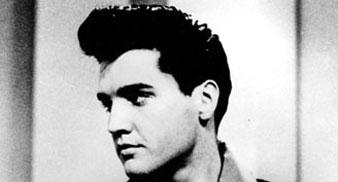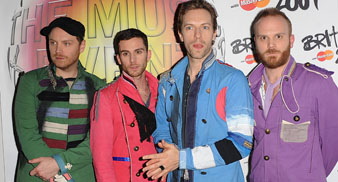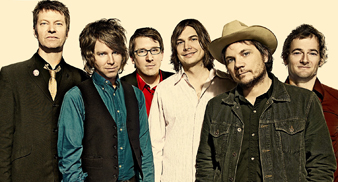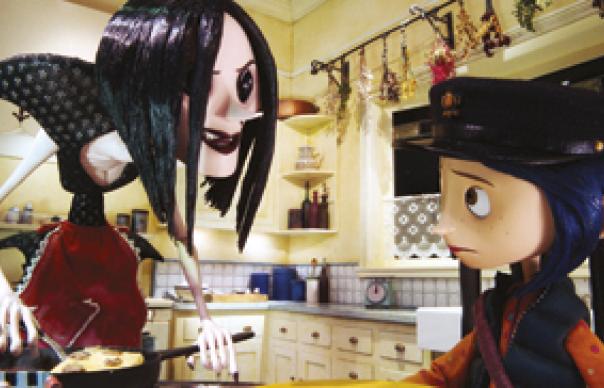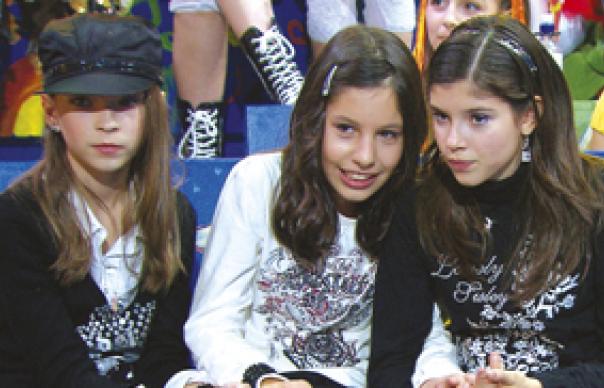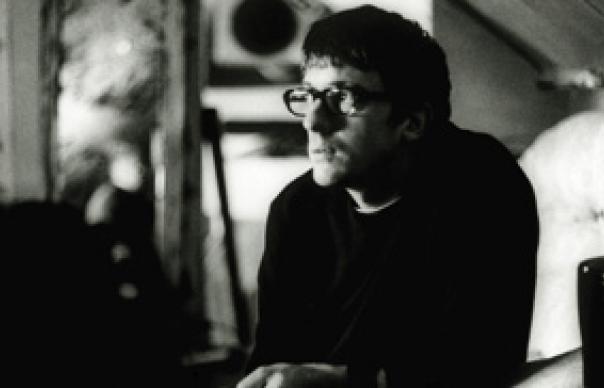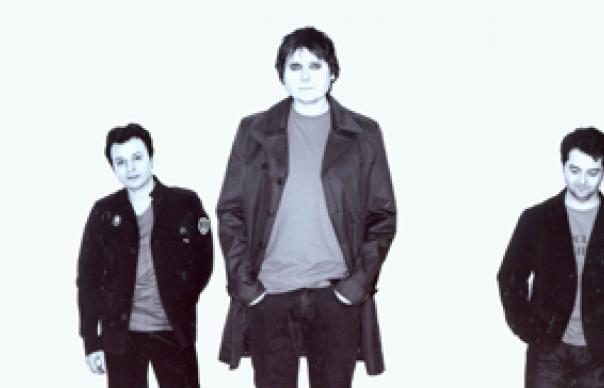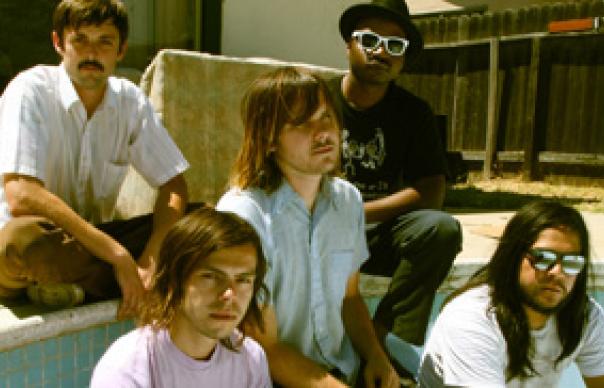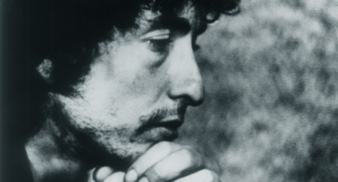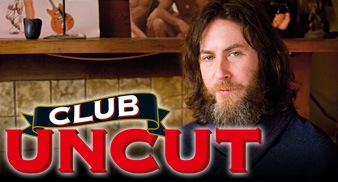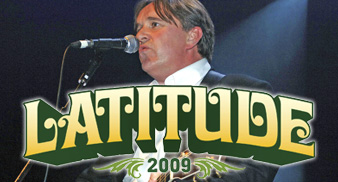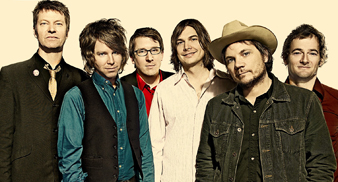As Bob Dylan, garbed in another of the natty Pimp-My-Confederate-General ensembles that have served as his working clothes these past few years, steps onto the stage of the Playhouse in Edinburgh on Sunday night into a jolting “Leopard-Skin Pill-Box Hat”, there is the small matter of him having just this afternoon officially clocked up his first Number One (with a bullet!) album in the UK for almost 40 years.
These things perhaps don’t mean what they once did, if they ever meant much. But you could forgive any members of the audience foolish enough to think that, just maybe tonight, he’ll finally relent, and start playing, you know, some songs from it. He doesn’t, of course. He’s busy doing other things, and increasingly mesmerising they become. Something special happens in this small theatre tonight. Still, after it’s over, one of the thoughts you’re left with remains the bizarre, yet increasingly plausible notion that Dylan might actually have forgotten he’s made a new record at all.
The previous night saw Dylan and band setting up shop in Glasgow’s SECC, the large, stupefyingly ugly tin hut on the Clyde that has been his regular Scottish haunt for the past 20 years. He’s played great shows here – the best maybe a rattling, acousticy hoedown in 2000, when his singing yelped and stretched and soared in a way it doesn’t today – but it’s against the odds presented by the size and soullessness of the venue, and his heroic refusal to counteract it with any bullshit along the lines of lightshows, screens, pyrotechnics or and-I-mean-that-most-sincerely stage patter. The feeling the place gives off is of having been designed by someone who honed his craft creating holding pens for cattle, a sense intensified tonight by a Keystone Cop-style mix-up at the doors, which sees a sizable portion of the audience left stranded, queuing, and near to riot just outside the arena while the Tannoy counts down that “Bob Dylan will be taking the stage in two minutes.”
As it is some fifteen minutes go by before Uncut manages to slip in, just as the band launch into a pounding “Maggie’s Farm,” before we’re held up and ordered to wait at the side of the stage again by the hard-pushed SECC staff. It’s a fine vantage point, though, and there’s time to note that Dylan, leaning over his keyboard mic in a white bolero hat, looks a little snarly at having had to wait this long to get going. He soon seems to be enjoying it, though: wandering out to the centre of the stage to blow harp on “Don’t Think Twice, It’s All Right,” he’s stepping into his jiggle-the-legs-bend-the-knees-and-point-your-finger-like-a-pistol dance, the Dylan equivalent of throwing out Tom Jones moves, and causing a similar kind of stir.
Things grow more intense as he straps on a guitar for a long, quite infernal take on Time Out Of Mind’s “’Til I Fell In Love With You,” a black, stewing, metallic reading, Dylan’s voice lying at the bottom of it like a lost, cracked leather glove in a long-dry river bed. It kicks off the most arresting run of the night. In its new waltz-time setting, “The Lonesome Death Of Hattie Carroll” is no longer the bitter, ripped-from-the-front-page finger-pointing damnation, but a memory-piece, aching with regret and perspective. Modern Times’ “The Levee’s Gonna Break” seems to have become a place Dylan goes to stoke up strength, his growl, often cracking tonight, growing cleaner and more urgent as he whips each verse by.
He’s recharged for a glorious, very moving “Workingman’s Blues #2,” a song that has grown several new lines along the way, and feels increasingly like the post-millennial Dylan’s “Like A Rolling Stone,” an anthem for anyone mature enough to dig Merle Haggard, weary and worn down, but defiant, an anthem you can carry right in your breast pocket. It leads into a far more desolate tale of working men and hard times, “The Ballad Of Hollis Brown,” now sounding like something Ennio Morricone might have composed for a martial sequence cut from a Leone western, being played by The Bad Seeds, Dylan’s haunted-fairground organ never sounding quite so chill. Then a very committed “Visions of Johanna,” very faithful to the original, give or take the low purr of the voice and a few garbled lyric slips. (During this song, the stage is suddenly bathed in a black and white Milky Way light effect; maybe Dylan does do lightshows after all but, on tonight’s evidence, it’s on a radically random setting, and mostly at “off.”)
From here, though, the focus seems to dissipate, most hilariously during a protracted “Honest With Me,” as the members of Dylan’s group look with increasing desperation at his perennial bass-player and band-leader Tony Garnier, all trying to figure out whether or not Dylan has finished the song. (It eventually turns out he still has a verse to go). The fact he’s playing a relatively rare “Every Grain of Sand” brings tears to a few faithful eyes, but the prayer gets lost somewhere in the girders high above, and seems to provoke an effect on the bladders of far more, as an exodus to the toilets begins around a quarter of the way through. While “Ain’t Talkin’” builds a sly, slow-burning ominous groove, it’s down to “Like A Rolling Stone,” simultaneously imperious and celebratory, to pull the night soundly back to heel. Perhaps only a half-great show from these seats, but, standing for a long ovation stage front under the blazing houselights at the close, Dylan seems genuinely pleased with his work.
How does he feel after Edinburgh, though? It’s maybe just the inevitable consequence of being in such a small venue after such a hangar – and tonight, Uncut has managed to get seats just a couple of rows from the stage - but, damn it, something seems to happen here.
The Playhouse, if you’ve never seen it, holds about 3,000 and was built in the 1920s, back when they still designed venues for human beings. Originally a cinema, it was modelled after some of New York’s plushest little movie palaces, meaning lots of red and gold: pop grandeur going a little to seed, it’s a bit like the funky place Kermit had in The Muppet Show, as nice as that. Anyone who saw Neil Young or Tom Waits here last year will know that performers really do seem to respond to it.
Tonight, from Dylan, now wearing his black hat if that means anything, it draws a robust “Tangled Up In Blue,” made memorable for being dressed up in a prowling, insistent bassline that suggests a slow-cartoon-chase, and an hypnotic, almost eerie “Tryin’ To Get To Heaven,” Dylan’s high organ sounding like it it’s blowing in from somewhere very far away.
To cut right to the chase, the small miracle of Edinburgh, the one I’ll remember, is built around Dylan rediscovering guitar again.
For most shows in recent years, he’s played one song at most on the thing and, tonight, when, for the second number, he leaves his usual stage-left position by keyboards, pulls it on and wanders front and centre for an unexpected, rather beautifully broken and husky purr through “Lay, Lady, Lay,” as comfortably distressed as a pair of ‘70s denims, that would seem to have done with it.
Between songs, though, when the stage lights go out, we’re close enough to see that there is an unusual amount of between-song conversation going on up there in the dark, Dylan exchanging messages with Garnier and his pedal-steel player Donnie Herron. When we get to a clamorously urgent “High Water (For Charley Patton)”, he’s suddenly out in front, guitar strapped on again, ripping out clanging, rusty (in all senses) notes, leaning into the song as though remembering what it feels like to stand out there, the song charging and clattering at his back, the faces before him, the band around him straining intently to see what he’s doing and react accordingly.
When the lights go down, there’s more huddled consultation, and when they go back up, there’s Dylan back front and centre on guitar again, now trying out “I Don’t Believe You (She Acts Like We Never Have Met).” It’s almost as if he’s reacquainting himself with the song, strumming the melody line as though studying it, and then rushing to fit the lyrics in after it, in a space where words shouldn’t fit, but somehow, tonight, do. By the end, he’s almost soloing, picking out one of his thick, chewy, fuzzy little three-or-four note motifs over and over again in a way he hasn’t quite for almost a decade.
Okay, steady on, three songs with a guitar – hardly front page news. But, tonight, it alters the chemistry of the sound and the dynamic on stage immeasurably. When Dylan returns to keyboards, there’s a rawer sense of the night being on the hoof, and off the cuff.
The best examples come with a speeding “Highway 61 Revisited,” Dylan at the organ wrapping his vocal around the insistent motif he’s stabbing out, a little figure that suggests little garagey tribute to “Spoonful”, and during a splenetic “Summer Days,” which begins with Dylan not even playing at all, simply leaning jauntily on the keyboard and watching his band, eyebrow cocked, the way Duke Ellington sometimes did.
Midway through the song, he starts hitting out this same screaming vamp on his organ over and over again, until it becomes clear to the band he’s asking them to take solos. Garnier’s onto it straight away, taking his turn, twirling and thumping his standup bass like Slim Jim Phantom, but lead guitarist Denny Freeman seems oblivious to what’s going on, leaving Dylan still playing out that ever more insistent organ vamp, eyebrow increasingly cocked, until the bass player actually turns to the perplexed guitarist and shouts “Play!!” startling Freeman into a short run of fine, fiddly wire-sharp rockabilly twanging.
The best is saved for the encore, which, after another round of muttering in the dark, finds Dylan stagefront on guitar again. His voice is soft, warm old leather now, leading the band and a cooing chorus from the audience through a “Just Like A Woman” that moves tenderly, is raw, raddled and raggedy, and always just-plain-gorgeous. Glorious enough, in fact, to make you forget until much later that he still hasn’t played anything from the new record live, which seems a wee bit insane.
Next stop finds Dylan in Dublin, where it might become clear whether or not this new-fangled guitar business was a one-off, or the way ahead. Who knows, he might even debut some of Together Through Life – there is that mention of James Joyce on the album, after all. Then again, it might be Molly Malone, on spoons.
DAMIEN LOVE
The set list for Bob Dylan’s Glasgow SECC show was:
Maggie's Farm
Don't Think Twice, It's All Right
'Til I Fell In Love With You
The Lonesome Death Of Hattie Carroll
The Levee's Gonna Break
Workingman's Blues #2
Ballad Of Hollis Brown
Visions Of Johanna
Honest With Me
Every Grain Of Sand
Highway 61 Revisited
Ain't Talkin'
Thunder On The Mountain
Like A Rolling Stone
(encore)
All Along The Watchtower
Spirit On The Water
Blowin' In The Wind
The set list for Bob Dylan’s Edinburgh Playhouse show was:
Leopard-Skin Pill-Box Hat
Lay, Lady, Lay
Tangled Up In Blue
When The Deal Goes Down
Rollin' And Tumblin'
Tryin' To Get To Heaven
Stuck Inside Of Mobile With The Memphis Blues Again
Sugar Baby
High Water (For Charley Patton)
I Don't Believe You (She Acts Like We Never Have Met)
Po' Boy
Highway 61 Revisited
Ain't Talkin'
Summer Days
Like A Rolling Stone
(encore)
All Along The Watchtower
Just Like A Woman
Blowin' In The Wind


